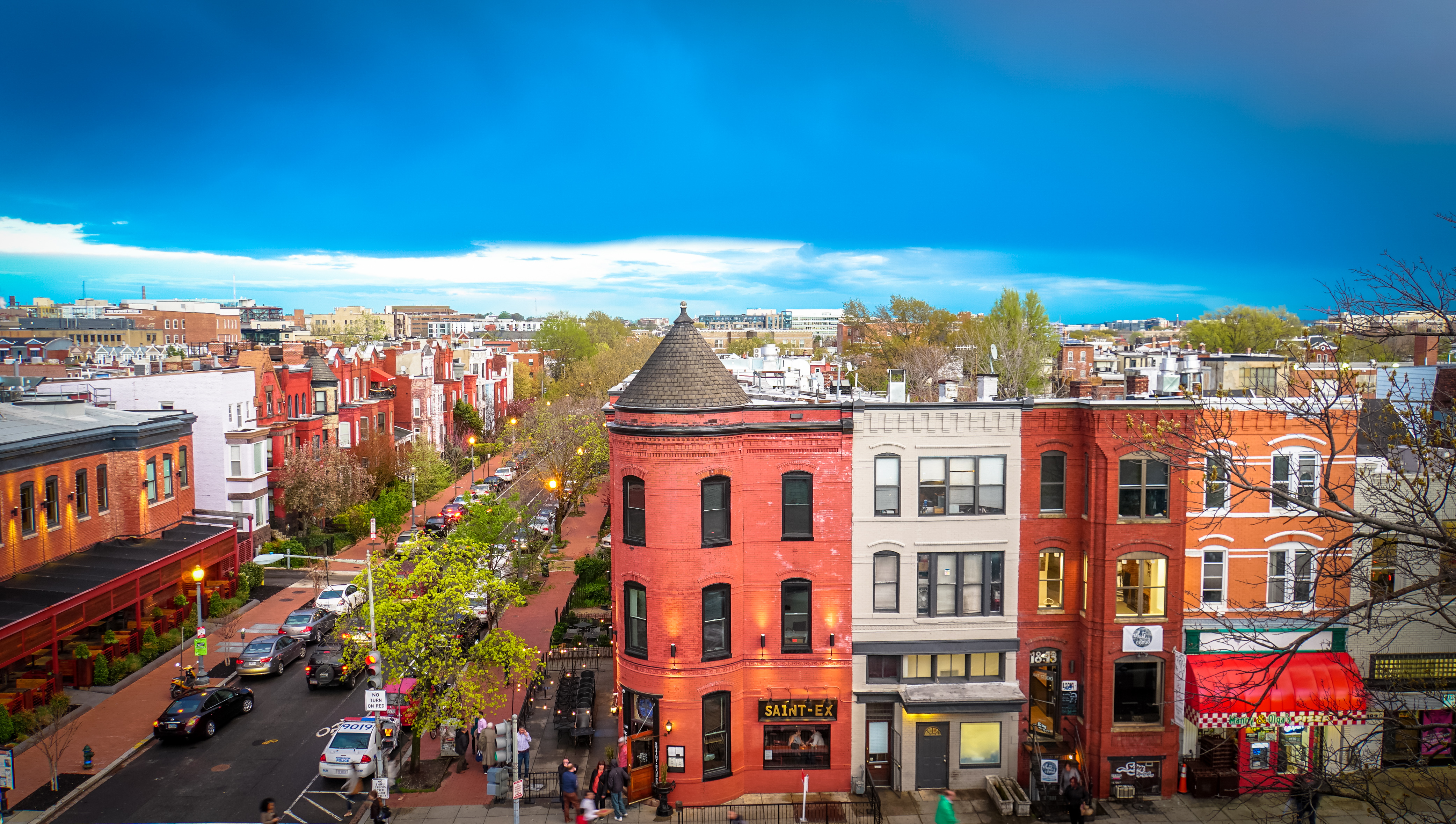Travel
Rick Steves on the Best Meal of His Life, His Favorite Country in the World, and What’s Next
:max_bytes(150000):strip_icc()/TAL-header-rick-steves-RICKSTEVEFAVS0824-4fa0eb0091f14fd6a3e098e472b87ce6.jpg)
Rick Steves has been a household name for as long as I can remember. When I was a kid, my travel-loving parents would tune in to his show on PBS, and before our first big European trip, my husband and I searched YouTube for a Rick Steves episode for every city on our itinerary. (I only wish he had a series dedicated to every country in the world.)
Though he’s filmed more than 150 episodes in his 33 years of bringing his signature tours to the masses, he shows no signs of slowing down; Steves still spends about 100 days per year in Europe working, often filming 12 hours a day, 30 days in a row.
Courtesy of Rick Steves’ Europe
This summer, Steves teamed up with Progressive Insurance’s “Parenta-Life Coach” Dr. Rick for an audio tour of Paris (available on the Rick Steves Audio Europe app), wherein listeners are guided through some of the city’s most famous sights.
Steves also recently released an extensive, six-hour series focused on Europe’s art, and when he spoke to Travel + Leisure, he said he was looking forward to returning to film “the most hedonistic, decadent, tasty TV show [he’s] ever done” — cruising the Burgundy Canal on a barge-turned-floating-boutique-hotel.
But while Steves will forever be associated with Europe, he admitted in a blog post that his favorite country is, in fact, India.
Peter Zelei Images/Getty Images
He told T+L it remains on the top of his list because it “rearranges all his cultural furniture” and reminds him that America is not the norm.
“The fact that a billion [people] in India see things so differently than we do in so many ways — I celebrate that,” he says. “Going to India is really fun because I believe that culture shock is not something to be avoided. Culture shock is a constructive thing. It’s the growing pains of a broadening perspective and it should be curated, but it should not be avoided.”
In fact, he added, getting pushing out of his comfort zone is exactly why he does what he does.
“It’s the magic juice of travel that motivates us with our tour program, our guidebooks, and our TV shows. We want to help Americans be bold and enthusiastically get out of their comfort zone so they come home with a broader perspective,” he said.
Courtesy of Rick Steves’ Europe
As for his favorite country within Europe? One that reminds him of India, naturally. “In Europe, my favorite country is Italy, probably because it’s the closest thing to India in Europe,” he said. “It’s bella chaos; they call it beautiful chaos. I love Italy. The piazza — if I had to sum it up in one word, it’s the piazza. That’s where the generations come together, and it’s just love, community. Americans can be inspired by that.”
But the Washington resident has many places he enjoys stateside, too. In fact, he noted he can’t truly vacation in Europe because there’s always work to do — if he’s experiencing something in Europe, he feels a responsibility to learn, write it down, and share it. So, at home, he finds pleasure in places and activities that have nothing to do with his job: river rafting in Idaho, boating in the San Juan Islands, and visiting his cabin in the Cascade Mountains.
However, he recognizes there are some treasured life experiences you just can’t have anywhere other than, say, a historic family estate in Tuscany — the setting of the best meal of his life.
“I’m thinking of a dinner I had on a farm in Tuscany — the Gori farm, Signora Gori,” he said with a smile. “There were three generations at the table and six generations in the paintings around us. The food was simple, rustic, but it was all a good marriage. The meat and the cheese fit the wine, and it was just delightful.”
But a meal like that is about much more than just the food, according to Steves. “It’s the convivial ambience of the moment. You’re in a historic room, with several generations of people that live on the land right there. The food is what they call a zero-kilometer meal; it’s all from the farm or nearby — it’s seasonal.”
And just when you thought dinner was done — you have your last little cheese course, another glass of wine — they start bringing out more, and the experience you didn’t want to end doesn’t.
“They take away the food, and the table becomes like a chemical lab with all sorts of beakers and little glasses and funny vases, and it’s more little digestifs and liqueurs,” he explained. “The conviviality, the community, the discussion, the togetherness — that’s what makes it.”
And that, too, is why he does what he does — and why his life’s work has invited so many of his fellow Americans to do the same.









